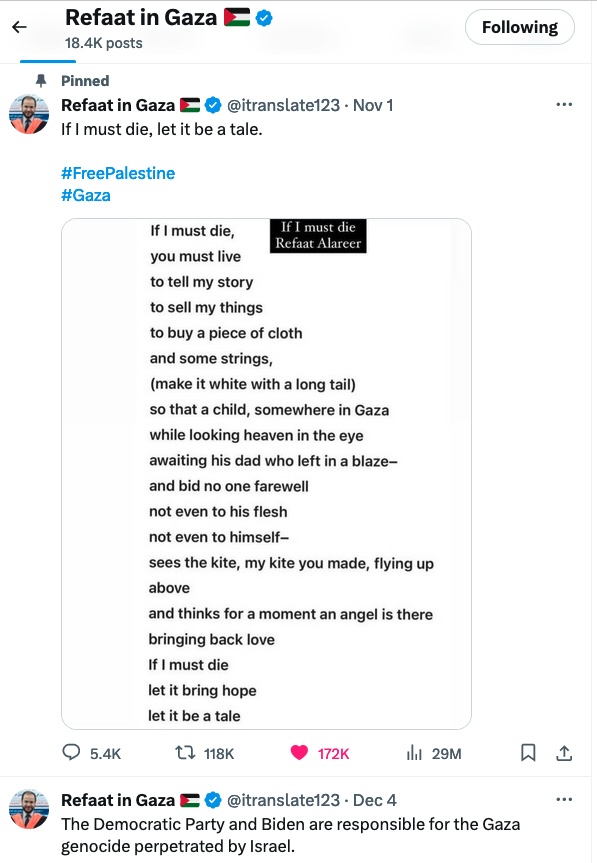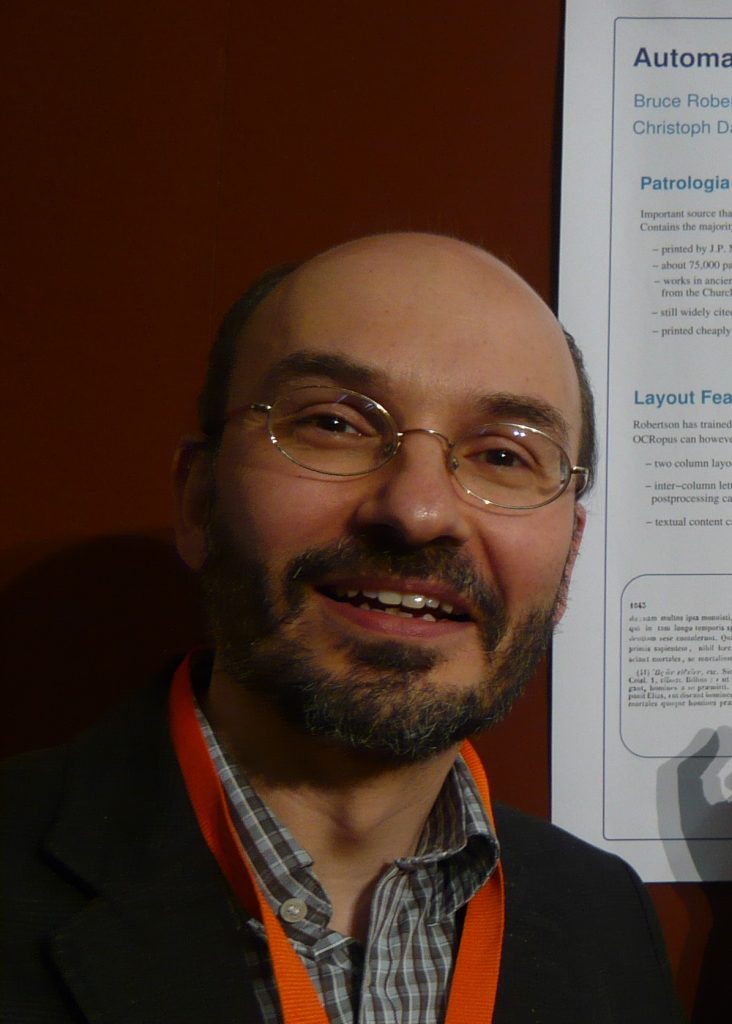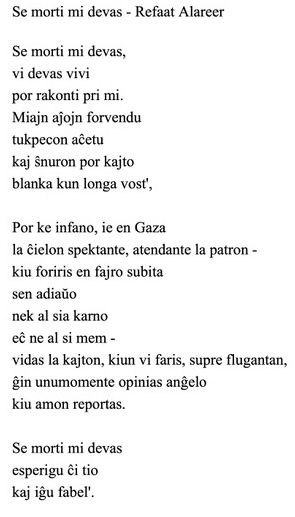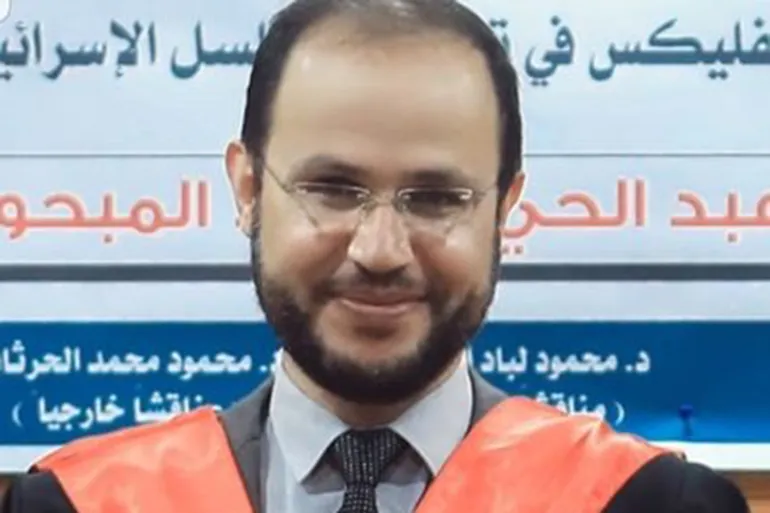In a world often overshadowed by conflict and suffering, there are moments that transcend borders, languages, and cultures. One such moment emerged from the heartbreak of Gaza, echoing the poignant words of the late Dr. Refaat Alareer.
In a previous blog post titled “Refaat Alareer’s legacy lives on, multiplies,” we explored the profound impact of Dr. Alareer’s poem “If I Must Die.” Tragically, Dr. Alareer and six of his family members were among the countless lives lost to Israeli violence in Gaza on December 7th. Yet, despite the darkness of his untimely passing, Dr. Alareer’s words found new life, resonating across the globe.

The poem garnered attention far beyond the borders of Gaza, inspiring individuals from diverse backgrounds to translate it into 37 different languages. These translations became a testament to the universal message of resilience and hope encapsulated in Dr. Alareer’s verses. They served as a reminder that the voices of the oppressed cannot be silenced, even in the face of unimaginable adversity.

Recently, a dear friend of JWE, Krysztof Daletski, a talented musical composer, took Dr. Alareer’s poem one step further. Recognizing its significance as a message to the entire world, Krysztof translated the poem into the international language of Esperanto:

But Krysztof’s tribute didn’t stop there. He set the Esperanto translation of the poem to music, creating a hauntingly beautiful composition that captures the essence of Dr. Alareer’s words. The resulting song serves as a powerful reminder of the enduring legacy of a man who dared to speak truth to power, even in the face of grave danger.
You can listen to Krysztof Daletski’s musical rendition of Dr. Refaat Alareer’s poem “If I Must Die” on YouTube here and on Vimeo here.
As we reflect on Dr. Alareer’s legacy and the impact of his words, let us remember the importance of amplifying voices of resistance and resilience. Through art, music, and collective solidarity, we honor those who have sacrificed everything to speak out for justice and humanity. Dr. Refaat Alareer’s spirit lives on in each translation, each note of music, and each heart touched by his unwavering courage.

